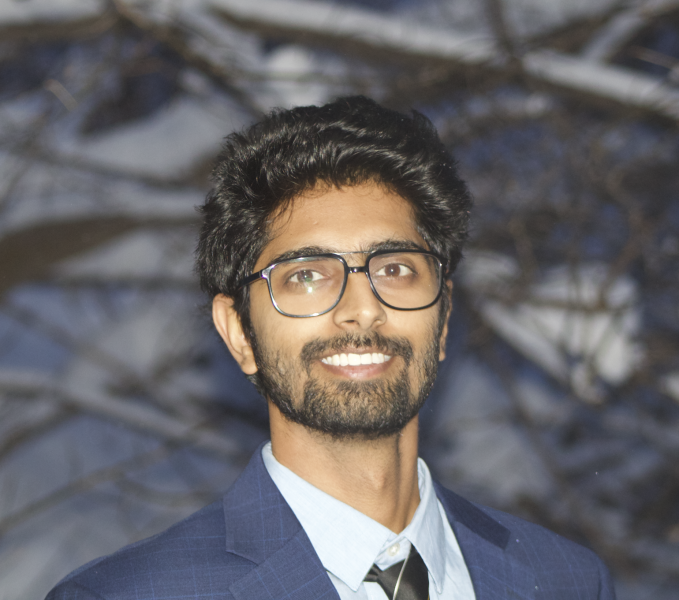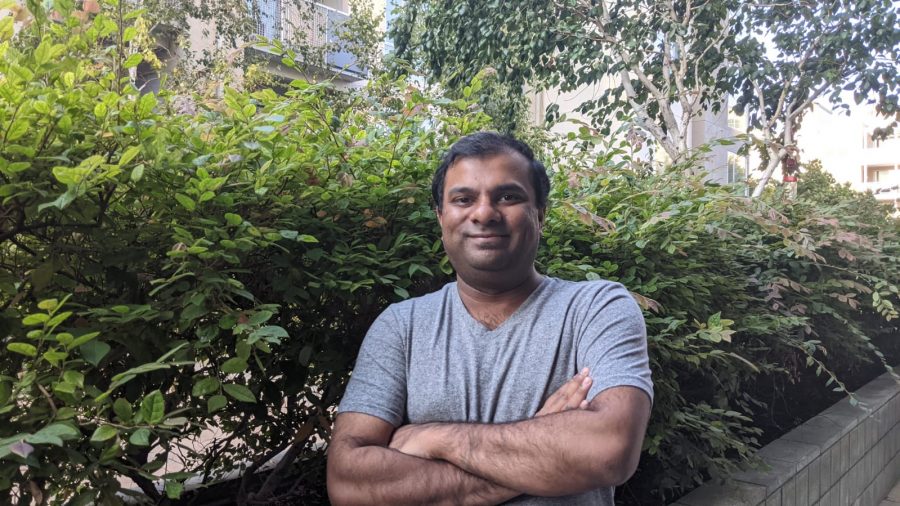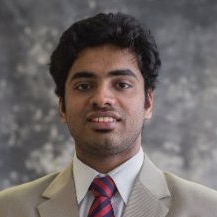Congratulations to the following students on receiving the Outstanding Graduate Student Teaching Award!
Jesse Anderson- Atmospheric Sciences
Swapnil Sambhaji Bamane- Mechanical Eng-Eng Mechanics
Alexandra Bieri- Mathematical Sciences
Jessica Bruning- Integrative Physiology
Nattaporn Chuenjarern- Mathematical Sciences
Brian Danhoff- Biological Sciences
Ahammad Basha Dudekula- Mechanical Eng-Eng Mechanics
Lisa Eggart- Physics
Siddharth Bharat Gopujkar- Mechanical Eng-Eng Mechanics
Cameron Hansel- Mechanical Engineering
Salman Husain- Mechanical Eng-Eng Mechanics
Katelyn Kring- Geological Engineering
Daniel Kulas- Chemical Engineering
William Lytle- Environmental & Energy Policy
Mehdi Malekrah- Electrical Engineering
Lauren Mancewicz- Engineering – Environmental
Michael Maurer- Electrical Engineering
Niranjan Miganakallu Narasimhamurthy- Mechanical Eng-Eng Mechanics
Tino Moore- Computer Science
Samerender Nagam Hanumantharao- Biomedical Engineering
Seth Nelson- Applied Physics
William Pisani- Mechanical Eng-Eng Mechanics
Suraj Prabhu- Mechanical Eng-Eng Mechanics
Elizabeth Renshaw- Rhetoric, Theory and Culture
Charles Schaerer- Chemistry
Soroush Sepahyar- Mechanical Eng-Eng Mechanics
Emily Shaw- Engineering – Environmental
Darud E Sheefa- Civil Engineering
Parya Siahcheshm- Chemistry
Samantha Swartzmiller- Mechanical Engineering
Mitchel Timm- Mechanical Eng-Eng Mechanics
Daniel Trepal- Indust Heritage & Archaeology
Stephania Vaglica- Mechanical Engineering
Sarah Washko- Civil Engineering
Upendra Yadav- Mechanical Eng-Eng Mechanics
Zhuyong Yang- Mechanical Eng-Eng Mechanics
Jiachen Zhai- Mechanical Eng-Eng Mechanics






